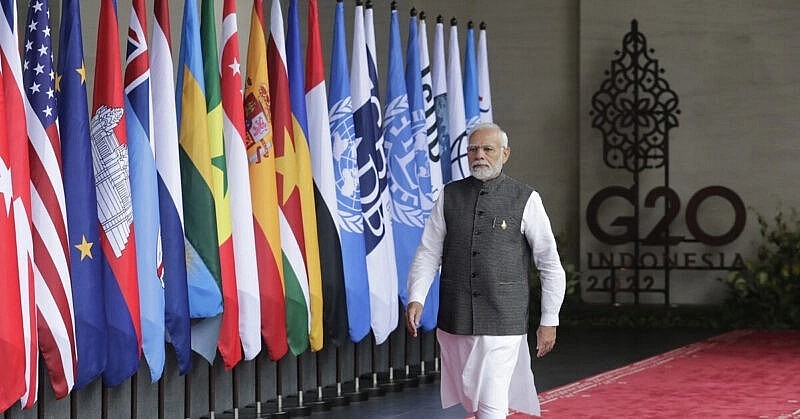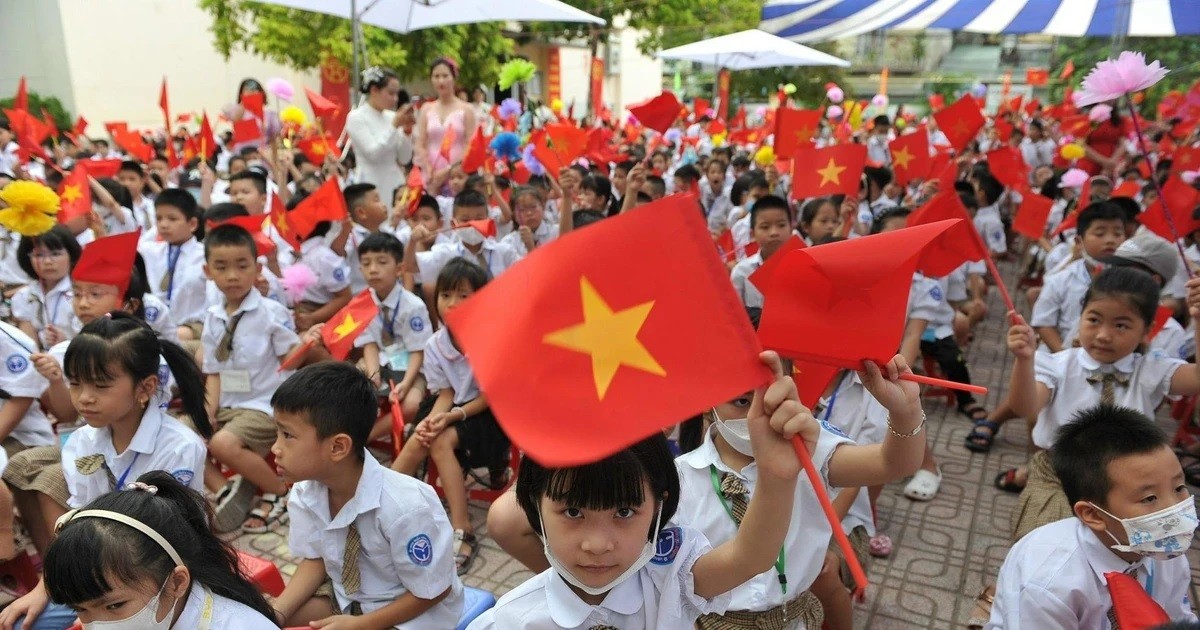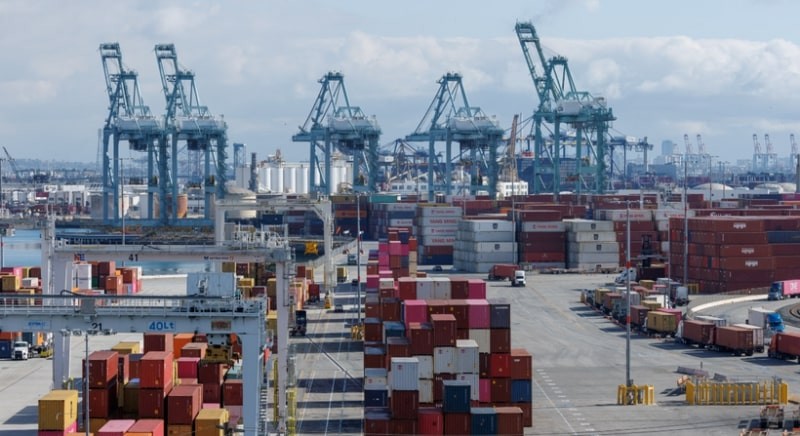 |
Hosting two G20 summits within 2.5 months underscored India's growing global influence. Leaders worldwide deliberated on pivotal outcomes from September, scrutinizing advancements in geopolitical issues, climate financing, and other pressing challenges. The virtual summit emphasized global solidarity under India's unwavering commitment to addressing global concerns, particularly existential issues. The adoption of the Delhi Declaration underscored India's finesse in bridging divides. India unequivocally demonstrated prowess by advocating for Global South concerns and securing the African Union's inclusion. Notable achievements include the G20's dedication to renewable energy goals, emphasis on Women-Led Development, and progress in ethical AI frameworks. As the G20 presidency transitions to Brazil, India's collaborative efforts aim to sustain momentum for a sustainable future in the developing world agenda.
Following the New Delhi G20 Summit in September 2023, Prime Minister Narendra Modi announced that India would reconvene virtually towards the end of India's G20 presidency period. The purpose is to take forward the guidance provided by the participating leaders in their interventions and also give an impetus to implementing the Summit's outcome, which concludes on November 30, 2023. As planned, this virtual summit took place on November 22, 2023, under the chairmanship of the Indian Prime Minister. Leaders from all G20 member countries, along with the Chair of the African Union, representatives from nine guest countries, and heads of 11 international organizations, were invited and participated.
It is noteworthy that the New Delhi G20 Summit resulted in the unanimous adoption of the G20 New Delhi Leaders' Declaration. The New Delhi Leaders' Declaration showcased the G20 leaders' unwavering commitment to tackling global challenges in an audacious, inclusive, resolute, and action-oriented manner. The declaration had 83 paragraphs, outlining 87 outcomes and was accompanied by 118 supporting documents. This translates to a staggering total of nearly 205 actionable items demanding immediate attention.
The virtual summit dwelt upon select key outcomes and action points from the New Delhi Summit while also assessing progress made since then. Additionally, the discussions were informed by the deliberations of the 2nd Voice of Global South Summit, held on November 17, 2023. The virtual G20 Summit also pushed for the effective implementation of various G20 decisions, utilizing relevant national and international platforms.
In a remarkable feat, India hosted two G20 summits within a short period of 2.5 months, one in-person and one virtual. This unprecedented move underscores India's growing influence on the global stage. Additionally, India organized two sessions of the Voice of Global South Summit, demonstrating its role as a convener of nations. In total, India hosted four major summits this year, bringing together over 150 world leaders. These achievements highlight the convening power of India and the Prime Minister's leadership on the global stage.
During this virtual meeting, Prime Minister Narendra Modi successfully facilitated a seven-point "convergence" among leaders regarding the Hamas-Israel conflict, emphasizing the imperative for a two-state solution. Modi expressed concern about the insecurity and instability in the West Asia region and condemned terrorism, particularly the loss of innocent lives. Notably, Russian President Putin's conciliatory remarks on the Ukraine war marked a significant moment during the G20 meeting. Despite the absence of some of the key leaders like Biden and Xi, the virtual summit demonstrated global solidarity in addressing persistent geopolitical issues. The G20's common stance on various aspects, including zero tolerance for terrorism and a commitment to a two-state solution, showcased the effectiveness of diplomatic dialogue under India's leadership. Modi urged the G20 to implement decisions from the September summit, addressing climate financing, development bank reforms, and ethical AI frameworks.
The G20 summit in Delhi concluded triumphantly on September 10, bringing together a constellation of global leaders who also engaged in a series of bilateral meetings on the sidelines of the Summit. The summit culminated in the establishment of a comprehensive framework aimed at fostering enhanced collaboration among G20 member nations, the European Union, and the newly incorporated African Union.
India's G20 Presidency which commenced the last December, was met with a multitude of challenges. The global economic scenario was fraught with turbulence, exacerbated by the lingering effects of the COVID-19 pandemic. The Ukraine conflict and the subsequent sanctions imposed on Russia further complicated the situation, effectively dividing the G20 into opposing camps. Even crafting a unified joint statement proved to be a Herculean task in the previous year. India's Presidency also unfolded against the backdrop of ongoing bilateral tensions with China, primarily concerning territorial disputes. This persistent friction added an extra layer of complexity for India's G20 Sherpa team, as China frequently acted as a disruptive force during numerous meetings. Moreover, the Indian government, in a departure from tradition, scheduled the G20 summit two months earlier than the customary November timeframe. This decision left officials with two fewer months to work towards the Joint Communique. Clearly, New Delhi faced a formidable obstacle in its efforts to reach a consensus on the preparation of a Joint Communique addressing critical issues such as climate finance, healthcare investment, and poverty alleviation.
Throughout the G20 presidency, India has championed the concerns of the Global South, ensuring their voices are heard and well considered. This commitment extended to the inclusion of the African Union as a permanent G20 member, marking a significant step towards greater global representation. Since the successful hosting of the G20 Leaders' Summit in September and the unanimous adoption of the New Delhi Leaders' Declaration, the world has faced a series of new challenges. While development remains the core agenda, the Virtual Summit provided a platform for leaders to discuss emerging issues, assess the implementation of the Leaders' Declaration, and strengthen cooperation on critical global challenges. This summit proved to be an opportunity to reaffirm the common commitment to the Sustainable Development Goals and revitalize the multilateral system, enhancing its effectiveness in improving people's lives around the world.












